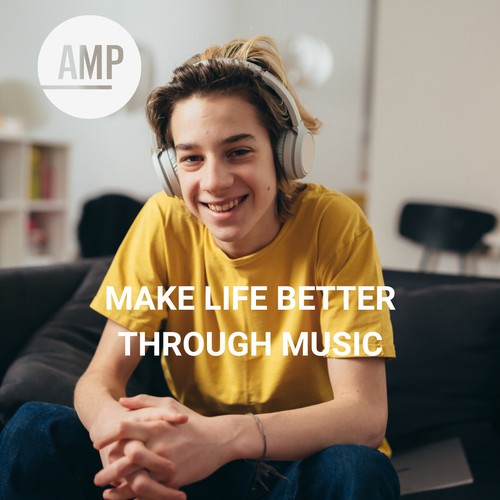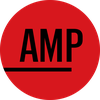Using Music to Support Youth Mental Health
Registered Name: The Awesome Music Project Inc.
Business No: 787612076RR0001
This organization is designated by Canada Revenue Agency (CRA) as a registered charity. They comply with the CRA's requirements and has been issued a charitable registration number.

In Canada, 1.2 million youth face mental health and addiction issues. Systemic issues such as long wait times, service costs, and fragmented care often hinder early identification and intervention. Negative perceptions, lack of knowledge, and barriers like location and language also impede access to mental health services. The Awesome Music Project offers a youth-centred mental health education program called the Awesome Music Hour (AMH), a drop-in workshop delivered through community partners that target youth mental health initiatives. Your donations support delivering these programs to youth in Canada at no cost to the families or youth.
AMH is a low-barrier program aimed at early intervention and awareness. It provides youth with skills and information to navigate mental health and wellness, build peer connections, explore empathy, and strengthen resilience. Though not formal treatment, it fosters a supportive environment for help-seeking and connects participants to further services. AMH is offered at no cost and equips youth with strategies to care for their mental well-being through music and storytelling, enhancing their problem-solving skills. By the end of the program, participants will
- Learn how music and stories enable them to experience emotion and create connections with others.
- Use music lyrics to explore how the act of storytelling can help normalize and unpack complicated stories, reduce anxiety, boost our mood and build empathy and understanding for others.
- Explore how rhythm and making music as a group can help to relieve stress, build confidence and positively impact mental health and brain chemistry.
- Learn how creativity can improve mental health by using music to calm the brain, focus on artistic expression and support enhanced self-esteem.
- Practice bringing words to their feelings, emotions and thoughts inspired by music, stories and other experiences.
- Experience a music therapy session and learn how music can be used to heal and support a personal wellness journey.
- Engage in movement and music as a mechanism for self-expression.
- Explore various reflective activities, such as drawing and breathing activities, and identify steps they can take to apply what they have learned outside of the session, including access to additional community support.
